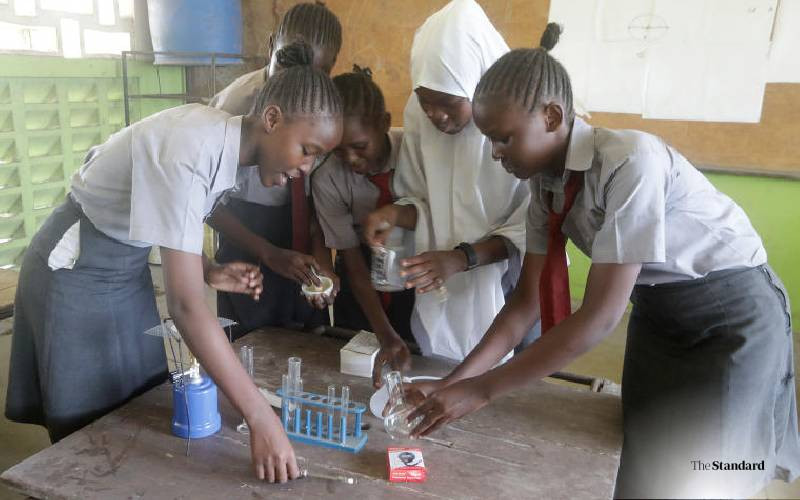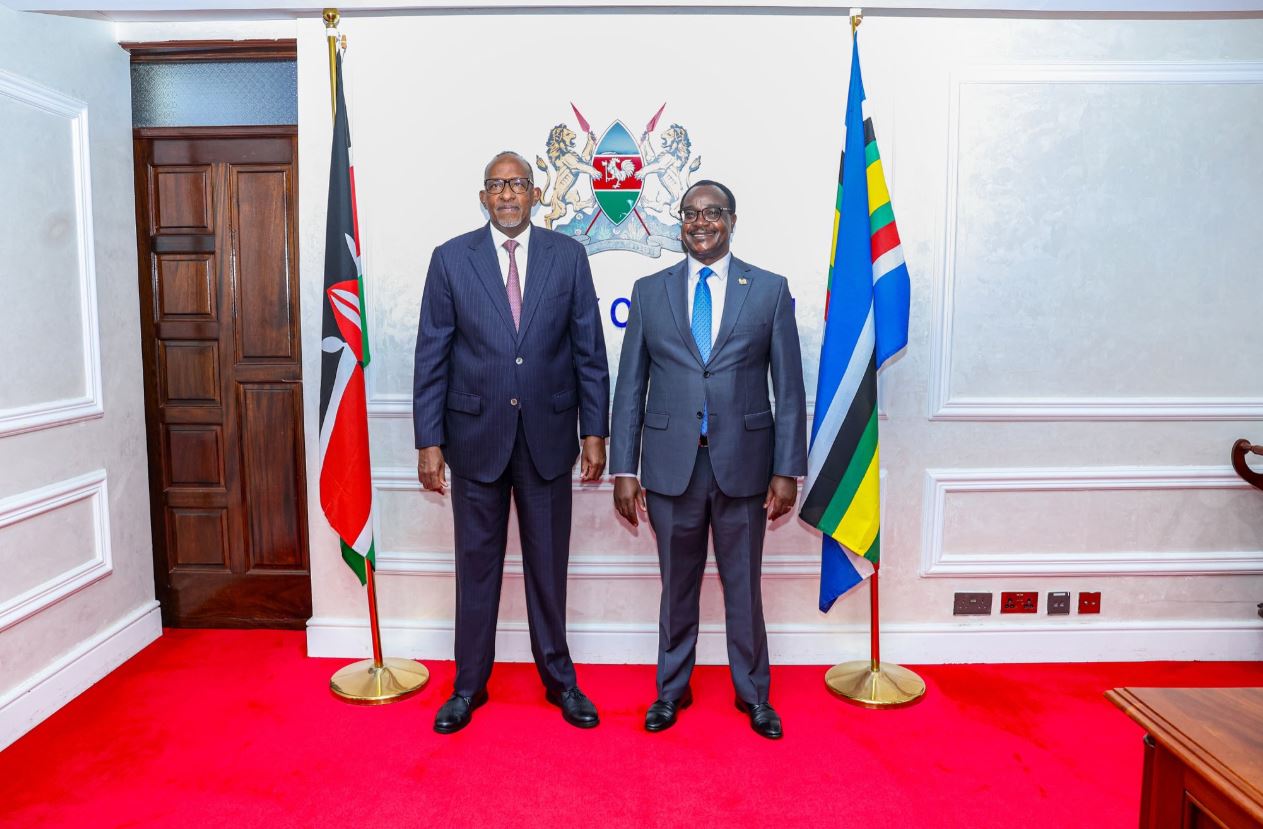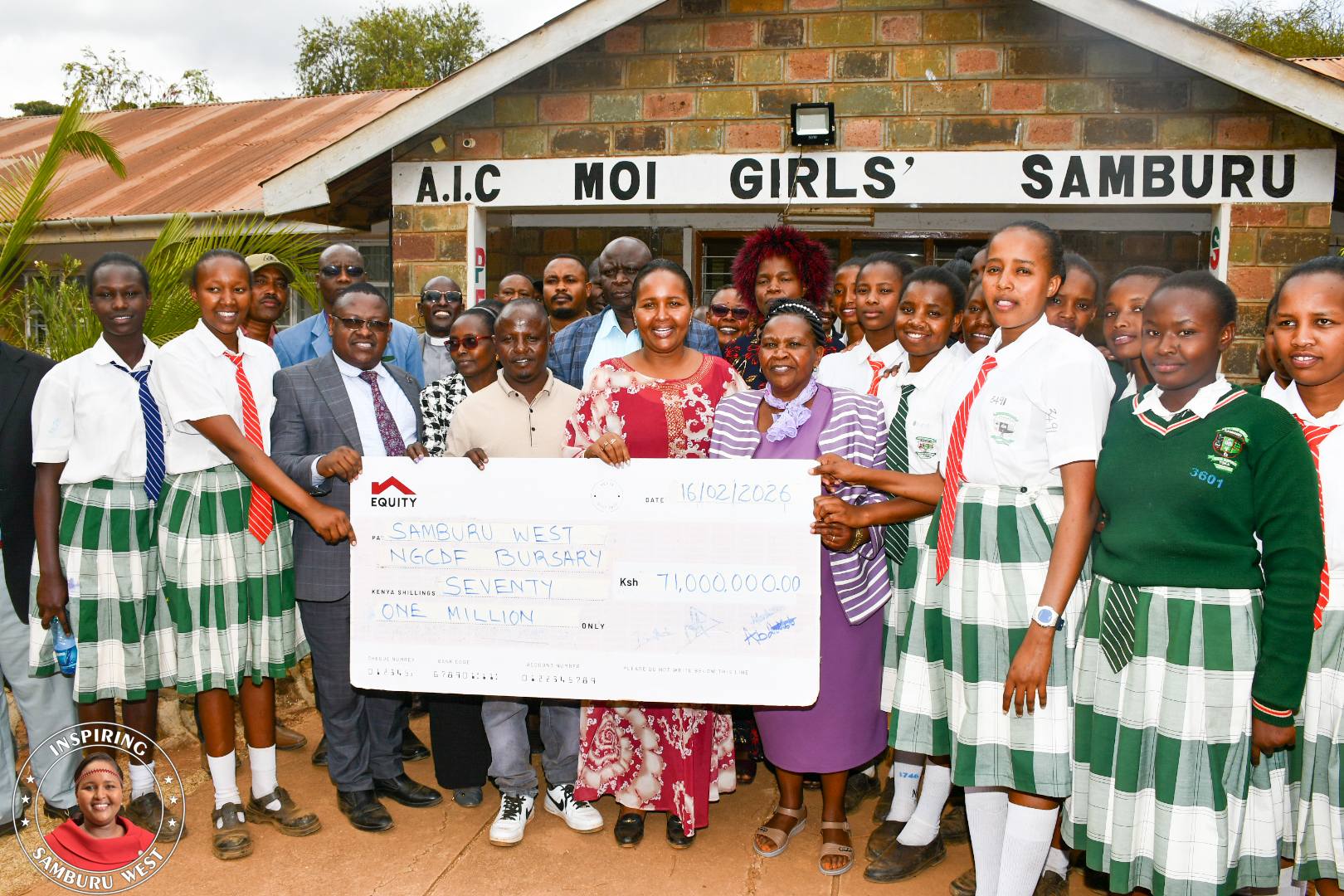Junior Secondary School (JSS) teachers have raised concerns over shortage of laboratories, workshops, computer labs, and libraries required to fully prepare students for the three senior school pathways.
Omari Omari, National Spokesperson for the Kenya Junior School Teachers Association (KEJUSTA), sounded the alarm over the challenges facing JSS teachers. He said that while educators are eager to prepare students for senior school, the glaring lack of facilities is holding them back.
“We are supposed to come in, get laboratories, workshops, computer labs, and libraries so that we prepare our students properly. Unfortunately, we have no facilities or not enough facilities to be able to do that,” Omari said, stressing that the situation is frustrating for both teachers and learners alike.
Omari highlighted that most JSS teachers entered the profession as interns and have since formed KEJUSTA to advocate for teachers’ rights, professional development, and improved working conditions. The association continues to push for policies and resources that directly impact teaching quality and student outcomes.
He explained that the shortage of facilities limits students’ exposure to practical experiments, technology, and hands-on learning, which are essential for the three senior school pathways: academic, technical, and vocational. Without laboratories, workshops, and computer labs, students are unable to develop critical practical skills, leaving them underprepared for the next level of education.
ALSO READ:
ESAK calls for overhaul of teachers training to fit CBE curriculum
Due to such challenges they are calling on the government to grant JSS full autonomy, separate from both primary and senior secondary institutions in order to make it easy to address the issues.
The Kenya Union of Post-Primary Education Teachers (Kuppet), together with JSS tutors across the country, is demanding the establishment of a distinct administrative framework for JSS, independent of the primary schools where the new learning level is currently housed.
They argued that the government’s decision to domicile JSS within primary schools has created widespread confusion, particularly in areas such as school administration, sports, and co-curricular activities.
They emphasised that full autonomy would allow for stronger curricular and co-curricular programs tailored to the specific needs of JSS students, enhancing both learning outcomes and overall student development.
However, the Education stakeholders led by ESAK argue that making such a move would disadvantage learners in grade 7,8,9 who are still young and require parental care. They also say that it’s much expensive to establish and fully fund a stand-alone institution.
By Juma Ndigo
You can also follow our social media pages on Twitter: Education News KE and Facebook: Education News Newspaper for timely updates.
>>> Click here to stay up-to-date with trending regional stories
>>> Click here to read more informed opinions on the country’s education landscape






